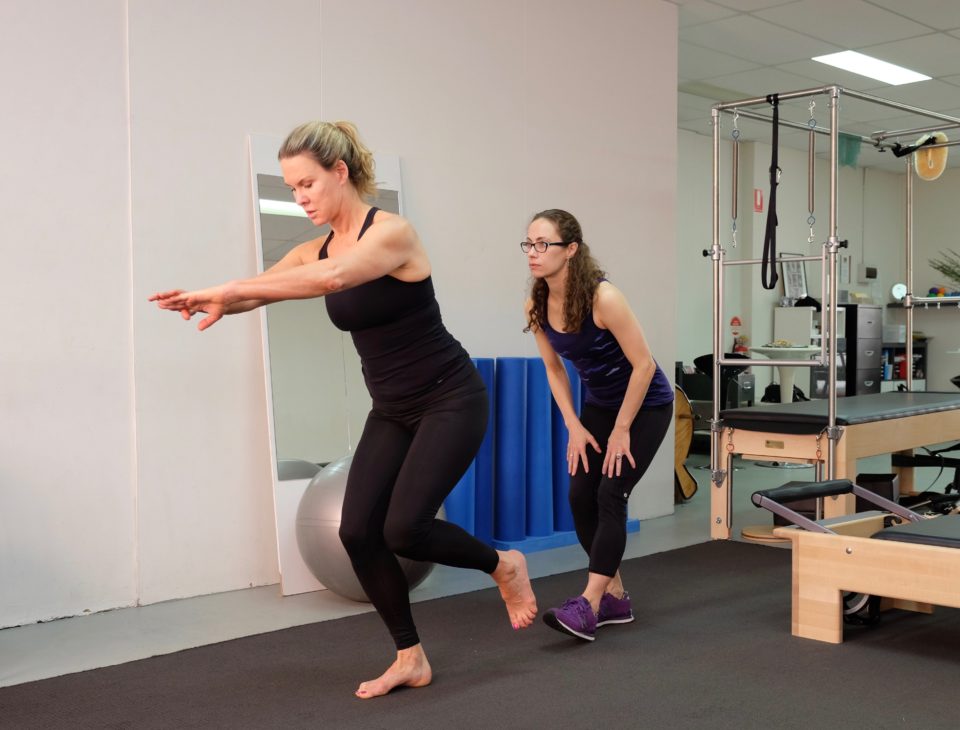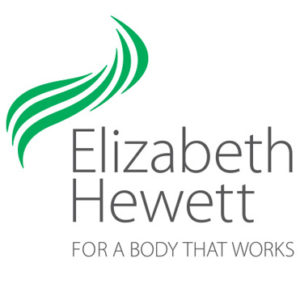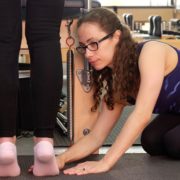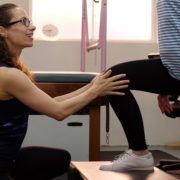Exercise physiology — how movement is medicine

When most Australians fall woefully short of internationally accepted guidelines for physical activity, movement as medicine takes on a greater significance in exercise physiology.
Why is exercise physiology and the science of movement so critical?
Through my university and professional education I have been trained to use knowledge gained from scientific research as the foundation of my work. I apply this knowledge in the fields of movement, physical activity, and exercise.
A knowledge of science underpins each stage of my decision-making. I apply it via a thorough understanding of anatomy, physiology, exercise physiology, biomechanics, pathology of injury and chronic health conditions, psychology of exercise, physiology of the ageing process, and, psychology of behaviour.
However, the application of this knowledge to the individual is where the art and instincts of exercise physiology emerge from the practice shaped by years of experience.
For example, it is difficult, if not impossible, to predict how you will respond to a new movement or exercise, especially if you are a new client. I start conservatively, particularly when you have an injury or a chronic musculoskeletal condition.
Simplicity is vital
I introduce one new movement at a time, so we can see how your body reacts. Experience has taught me that simplicity is vital when using movement as medicine to change the way the body works.
A keen understanding of human behaviour is essential, together with the psychology of exercise and health. The statistics are alarming: the majority of Australians fail to achieve W.H.O. weekly targets of at least 150 minutes of moderate-intensity aerobic physical activity.
‘I don’t have time’
The standard excuse is ‘I don’t have time’. As an exercise physiology practitioner, I know that regular exercise or movement can provide extraordinary benefits, particularly for health or medical conditions. I need to be able to identify how active some one is, and work with them to create time in a busy life, and energise them to find the time and energy to prioritise movement.
This application of exercise science to your life and circumstances provides the challenge and fascination. It explains why I think of myself as a detective, investigating how movement can improve your health and how I can help you discover for yourself how good movement makes you feel. The discovery makes it easier for you to create the time for regular participation and boosted benefits.
Your unique story
All my decisions rest on thoughtfulness. They blend current research, principles of rehabilitation, and movement science to inform your unique story. How?
I entwine exercise science and Pilates principles as the foundations of my work as an exercise and movement practitioner.
My knowledge of anatomy, physiology, biomechanics, exercise physiology, and pathophysiology of medical conditions and injuries underpins the why and how of all I do.
It is imperative that health professionals keep their knowledge up to date as research is constantly evolving our practices. Regular professional development is compulsory for accredited exercise physiologists, Pilates teachers and strength and conditioning coaches to maintain professional accreditation and memberships of professional associations.
I also remain up to date with research and development through journals, conferences and workshops. Being an active presenter also ensures I keep abreast of the latest scientific research and techniques.
I understand the obsession
I’m a trained dancer and a keen distance runner with more than a little perfectionism. I understand the obsession, the striving for perfection, the endless drive and motivation that many athletes, dancers, and other high achieving personality types have. You’re desperate to recover from injury, get back to what they love, achieve a goal, or participate in a forthcoming event.
I want you to lead an active life fulfilled by the physicality and exercise that gives you so many health benefits. But you need a healthy musculoskeletal system to make it possible. If you have a sore shoulder, some chores get done less, or by someone else. Games, or simply picking up children, can become impossible if you have pain in your back, knees, arms or neck. Life gets harder and you become more sedentary.
Allied health issues
Musculoskeletal health is the foundation of your overall health but can often prevent you from being as active as you would like, and creating allied health issues. A sore knee may mean less walking or sport, and so less activity. Then our cardiovascular health and fitness starts to erode, linked to an inevitable loss of strength and mobility. We can then develop other health issues such as high blood pressure, or increased risk of diabetes.
The ageing process can seem, cruel, with many physiological changes occurring in our bodies. But while our muscle physiology changes, much of this can be controlled through regular exercise, particularly strength training.





